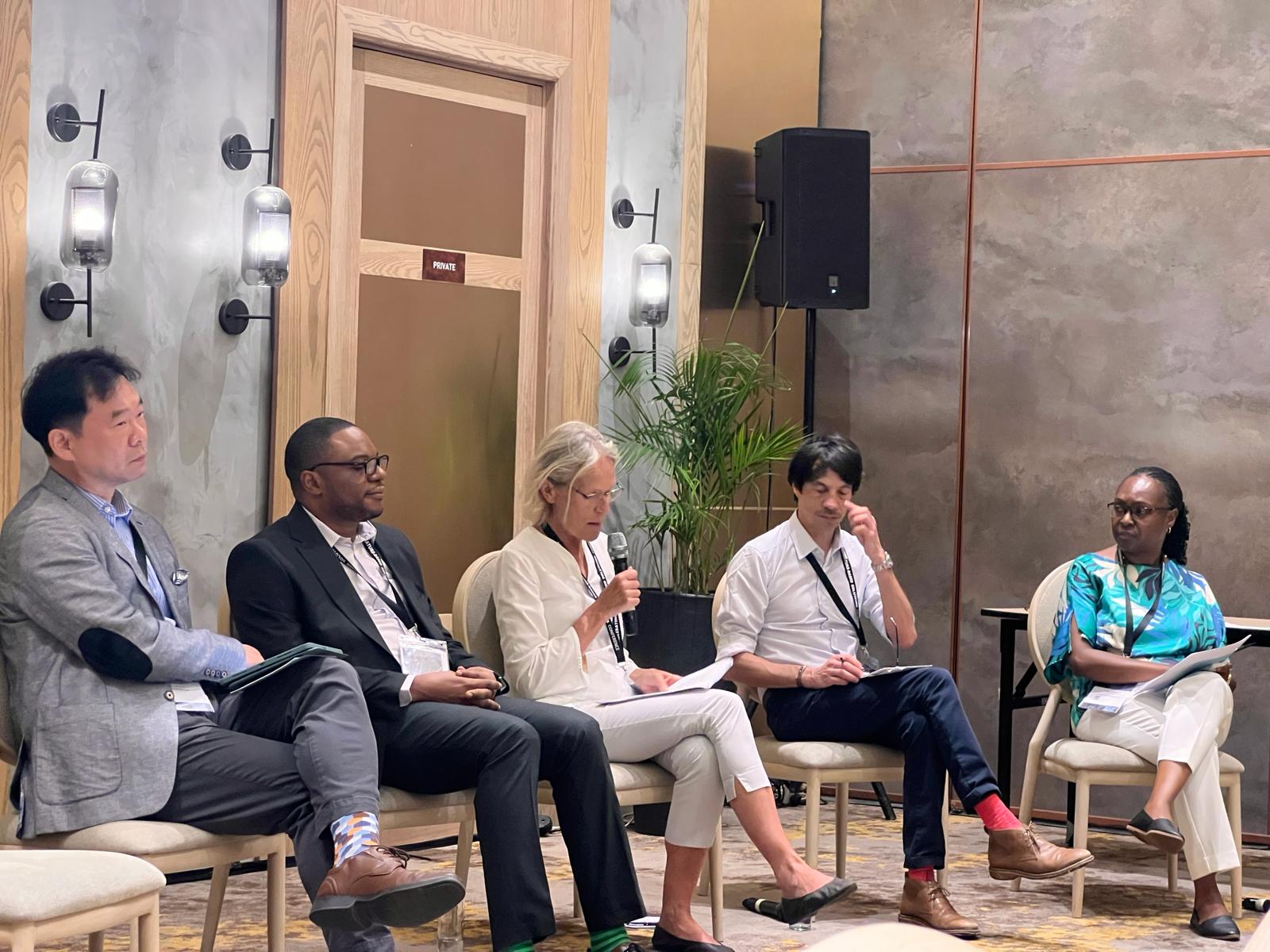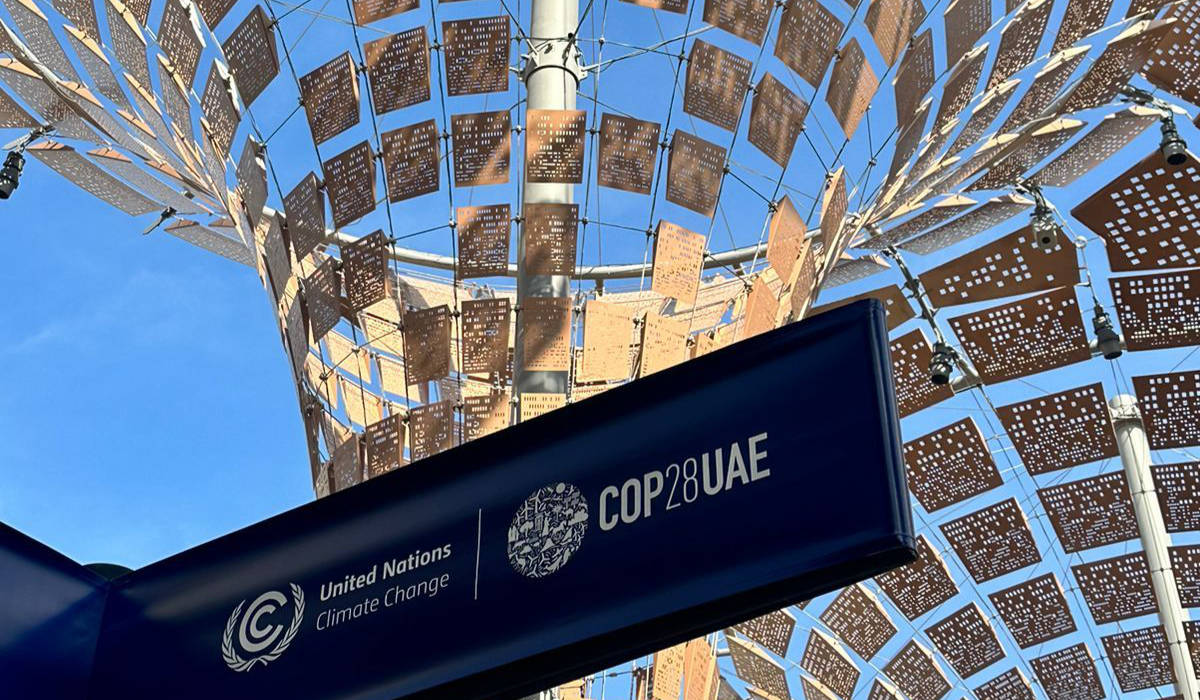South Africa’s car manufacturers will have to adapt to the green revolution if they want to remain competitive in a global market that is increasingly shunning fossil fuels. This means instead of producing carbon-emitting internal combustion engines they will have to switch their product lines to electric vehicles.
This week at the climate talks in Scotland, 23 governments pledged to work towards all sales of new cars and vans being zero-emission by 2040, and by 2035 in leading markets. The commitment, which is not yet legally binding and is not yet supported by governments in large auto markets like the US, China and Germany, is backed by 11 car manufacturers — including Ford, GM and Volvo — which are targeting 100% zero-emission new car and van sales in leading markets by 2035 or earlier.
The declaration classes “zero-emission” as a vehicle that produces no greenhouse gas emissions at the tailpipe.
The latest pledge means that the days of internal combustion engines are numbered, and South Africa’s car manufacturing sector will have to change with the times. The sector has been a boon to the South African economy for many years, but it will not be able to manufacture internal combustion engines for much longer.
Investment bank Rand Merchant Bank (RMB) warned South African vehicle manufacturers earlier this month they would have to decarbonise or lose their lucrative European Union export market access.
The South African government would also be wise to boost export incentives to encourage car companies to retool their local factories for electric car production, the bank said in an investment statement.
“It’s clear from the Automotive Green Paper launched earlier this year that the stated goal is for South Africa needing to kickstart and accelerate the production of electric vehicles,”said Simon Woodward, automotive sector head at RMB.
RMB said the move to electric vehicles was a “no-brainer” for South Africa. It explained in the investment note that the EU and the UK planned to ban imports of vehicles powered by carbon-emitting internal combustion engines by 2030.
This will limit access to two of South Africa’s biggest export markets for locally manufactured vehicles, which meant there was an urgent need for added investment to shift to electric vehicle manufacturing in South Africa.
“It is important to note that the potential impact of not making these investments may have dire consequences for our export-led car sector, which is the envy of many globally,” said Woodward.
The UK has been South Africa’s automotive industry’s industry’s top export destination for since 2014, and in 2020 three out of every four South African-manufactured vehicle exports were destined for European Union countries.
Woodward noted the South Africa government’s interest in electric vehicles, saying there seemed to be a recognition of the need to modify existing manufacturing plants to produce hybrid and then ultimately electric vehicles. Manufacturers are already making the switch.
“What has been pleasing to see is that some local manufacturers have already secured investment and adapted domestic production plants to ensure the flexibility to produce vehicles with alternative powertrains – the components that generate the power – to internal combustion engines, ” Woodward said.
At the end of October Toyota South Africa unveiled the first hybrid vehicle manufactured commercially in South Africa. The Corolla Cross production line was officially launched at its assembly plant in Prospecton in KwaZulu-Natal.
South Africa’s president Cyril Ramaphosa said at the ceremony at the Toyota plant that South Africa’s climate action plan leaned heavily on electric vehicles for future development, and that the Cross was a step in that direction
The launch represented “more than just a vehicle coming off an assembly line”, Ramahosa said. It was an important step in South Africa’s path to transforming the automotive manufacturing business into a “green energy success story”.
The Cross has a combined internal-combustion engine and electric motor and is Toyota’s first hybrid electric vehicle. Toyota South Africa also produces its signature Hilux and Fortuner vehicles at the Prospecton assembly plant.
The KwaZulu-Natal plant is able to produce 111 Corolla Cross vehicles a day, or about 30,000 units a year, for export to more than 40 countries.
“I applaud Toyota for its courage and vote of confidence by pledging this investment already at the investment conference in 2019. Japan remains a long-term investor in SA,” said Ramaphosa.
“It is also important for the green economy and skills development in the country as well as driving our industrialisation process.”
He praised the new production line, emphasising its significance for the South African economy and the thousands of jobs Toyota supports.
He said it was significant that South Africa was one of seven global locations chosen for the production of the Corolla Cross.
Read part one here.



